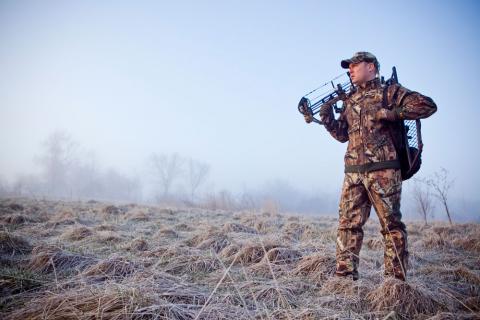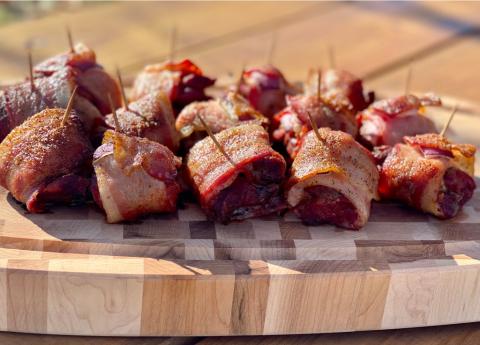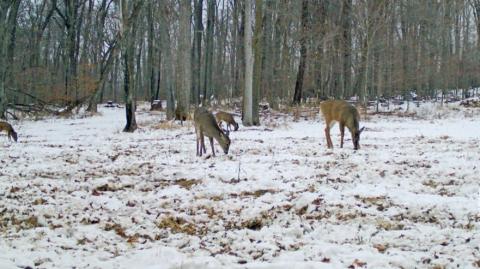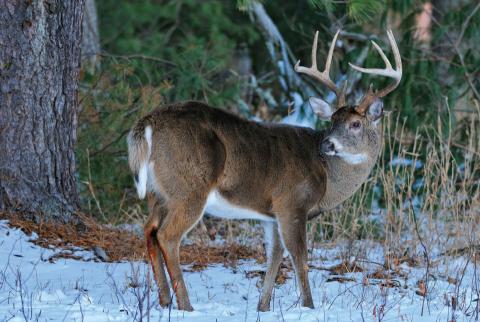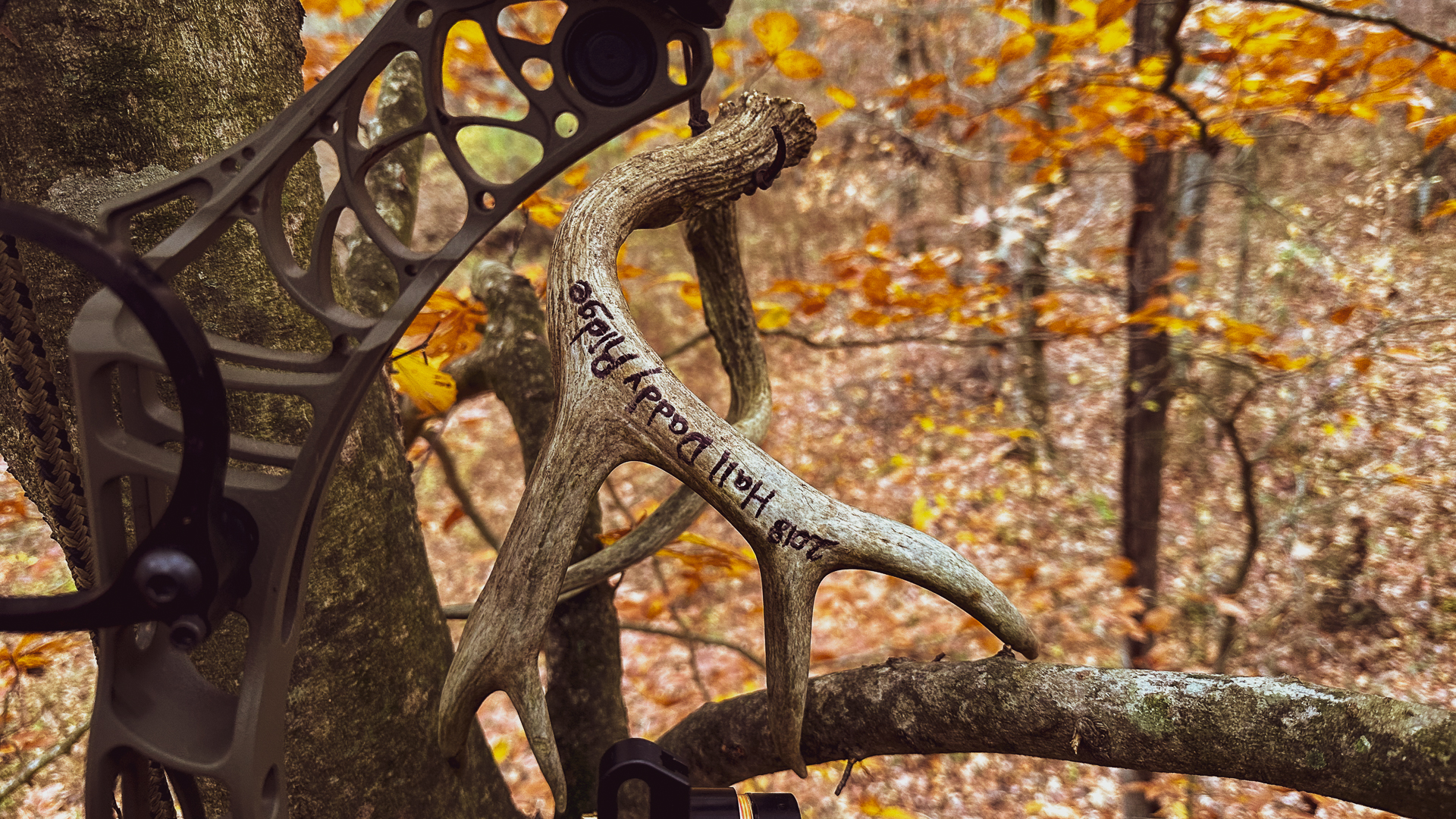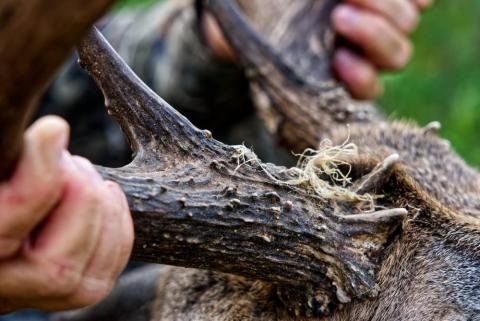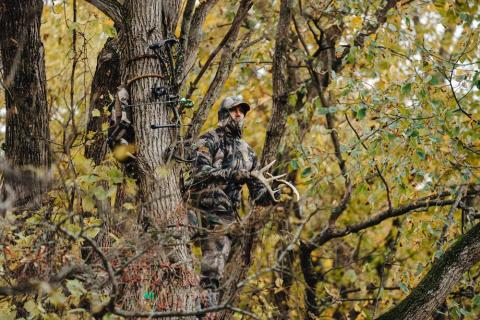Shawn Swearingen
You’ve been counting down the days since January. Duck season finally approaches and you have an idea where to go, but work, family and life in general for you and your buddies is squeezing time to do it though. You think you’ll skip on scouting before the opener because you don’t have the time. You need to reconsider.
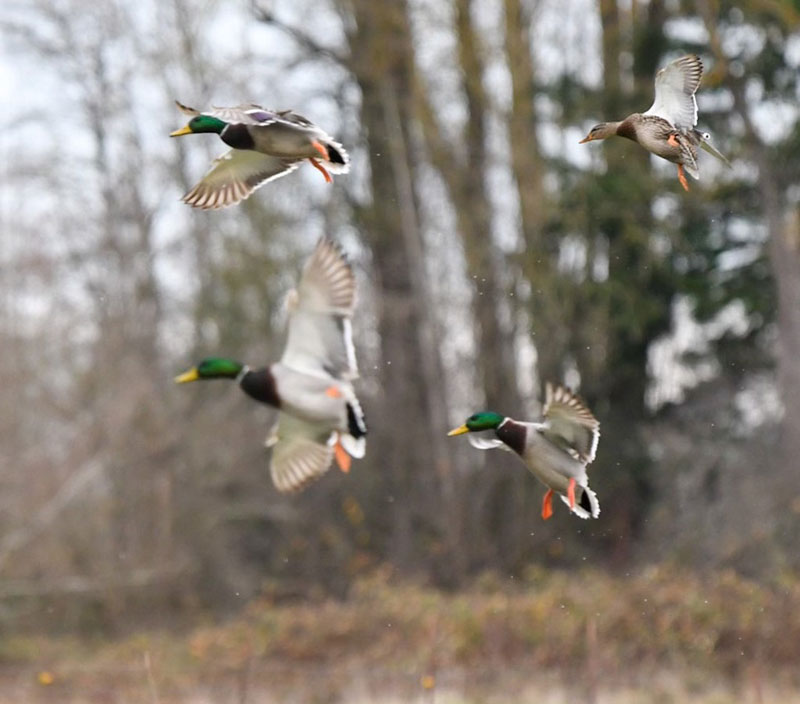
The birds have “always” done what they are going to do on the places you have permission to hunt, or even over your own impoundments or flooded timber. You can set a clock to that afternoon flight. However, even after years of knowledge and experience you should also have learned that change is inevitable. Change in the weather. Change in flight patterns. Change in nearby hunting pressures. Scouting in advance of your hunt takes much of the guesswork out of the process.
Know the Playing Field
Pounding the pavement to get permission for the season is one thing. The other is making sure you have the knowledge you need of the properties. Spencer Proulx of Twin Branch Hunt Co. relates, “Know your conditions. Where water is held in fields and when it is there. You need to be flexible to what conditions dictate.”
From personal experience recently, we hunted a flooded timber spot located during turkey season. After several days of rain and limited time to scout in advance, we were certain it would hold enough water for a decent shoot. Low and behold, the summer was drier than expected and while there was water in the pocket, it was not enough to convince birds traveling on flight lines to come for a closer look. Had we scouted, we probably would have gone with another option. At best we chalk it up as a learning experience and knowing more about what that duck hole needs to be a steadily producing location.
You’ll need to also understand your area in addition to specific fields and water that you have access to. Know the differences between the area roosts and places that birds like to loaf during the day. As temperatures drop during the season, ducks and geese will try to keep their roosts open as long as they can.
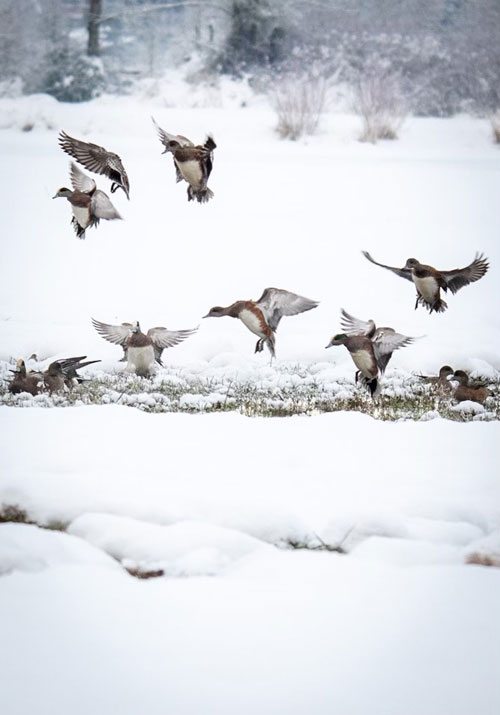
Weather Watcher
Chasing waterfowl even for “weekend warriors” usually means keeping an eye on the weather forecast. For those seasoned hunters, knowing how the birds react to precipitation and changing barometers is as critical as knowing where they will be.
“Geese seem to feed harder in the morning compared to ducks. When you are scouting, know the temperature forecast when you see activity. How will the birds react? For us, when we have bitter cold temperatures? We may be sleeping in if we plan to pursue ducks as they don’t move as early in the cold,” says Proulx. “I’m worried more about how birds react to the weather versus the ‘Xs’ and ‘Os’ of hiding.”
Travis Smith of Wicked Wingz has similar experience in the Pacific Northwest, “Some of the biggest differences I watch for are in the weather. Weather just like anywhere else has a drastic effect on the birds. Our biggest weather impact in this area is the rain. Heavy rains will spread our birds here way out; we lose the concentration of birds really fast.”
If there is snow or a big drop in temperature in the forecast, how are those ducks and geese going to react in your area? “If it is going to be snowing for most of the day, we’ll set in that field early for the long haul as ducks will be in and out all day feeding,” says Proulx.
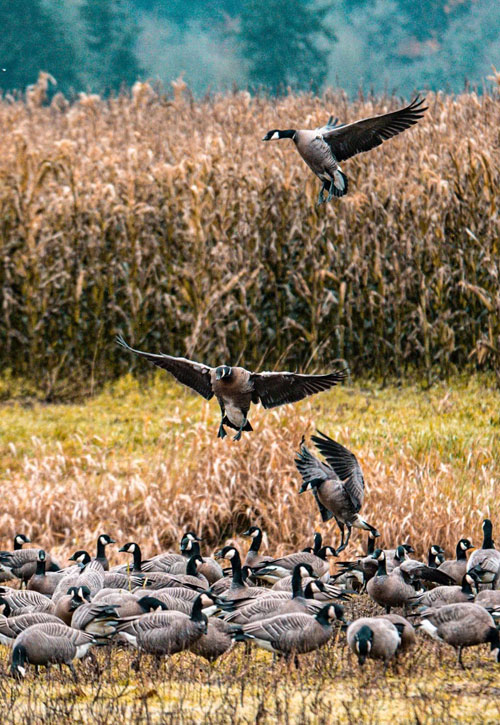
Know Your Birds
As mentioned before, there are differences between how geese and ducks react to the weather impacts. If you watch particular types of birds long enough, you’ll pick up not just how they react to weather in timing but also where they like to be in certain conditions.
With that said, there are some birds that just keep us guessing. “Thankfully we are pretty lucky to have the little geese [Cackling geese] in our area. They are awesome and a pain at the same time,” says Smith. “They will shift on you and hop fields really fast. The best way to describe these little geese, in my opinion, is that they are just like snow geese. They can be here one minute and gone the next.”
“Grass ducks” like wigeon, teal and gadwall fall under that term specifically from food they target. Low spots in fields can be good shallow water pond activity after heavy rains. If you find fields like that, chances are you could hear these grass ducks whistling overhead. Canada geese will also target different types of waste grains in fields as temperatures drop. Knowing these differences is key as you watch activity and the forecasts.
“The next biggest thing when it comes to chasing birds is miles, miles and more miles,” Smith says. “If you pay enough attention to them, they will teach you how to hunt them.”

















